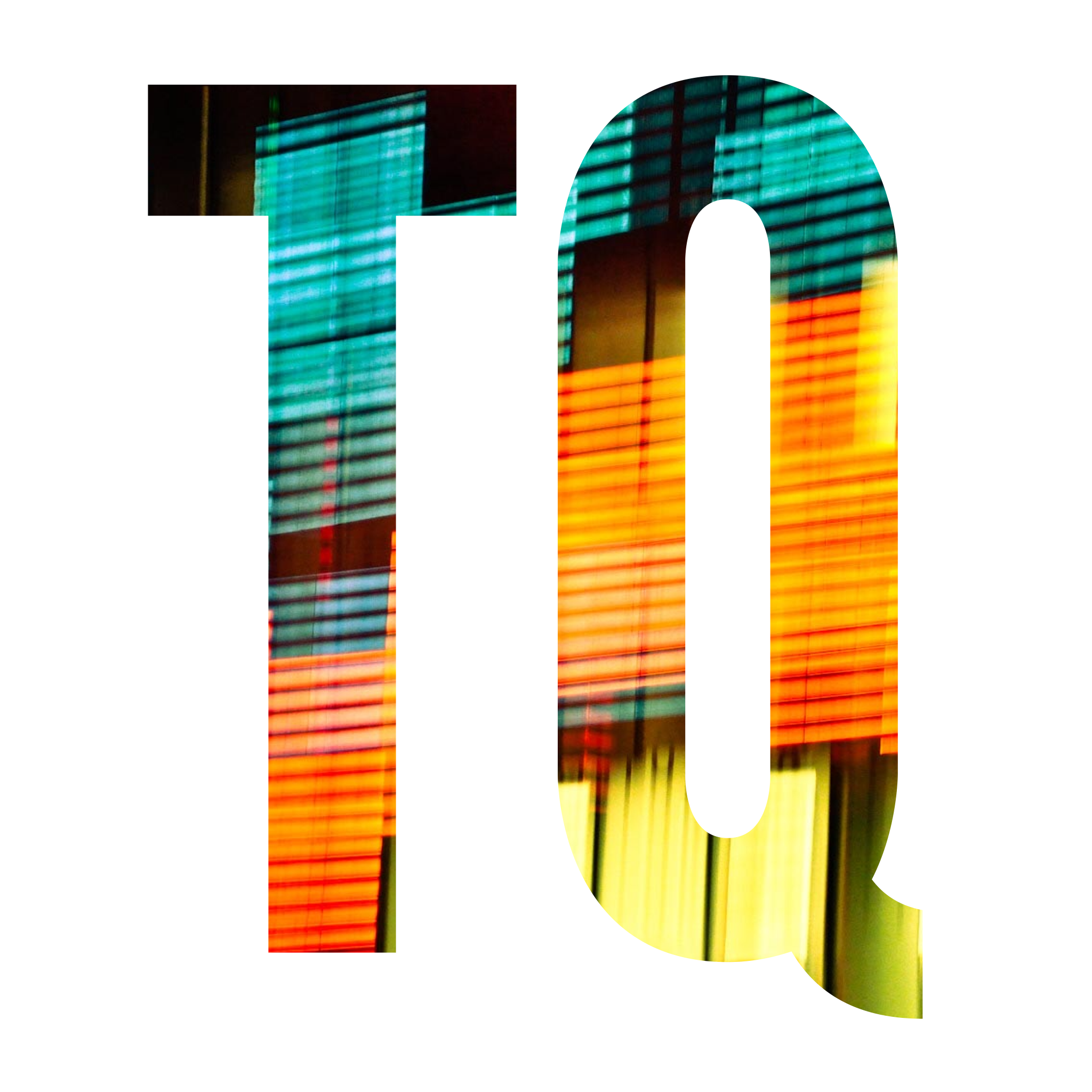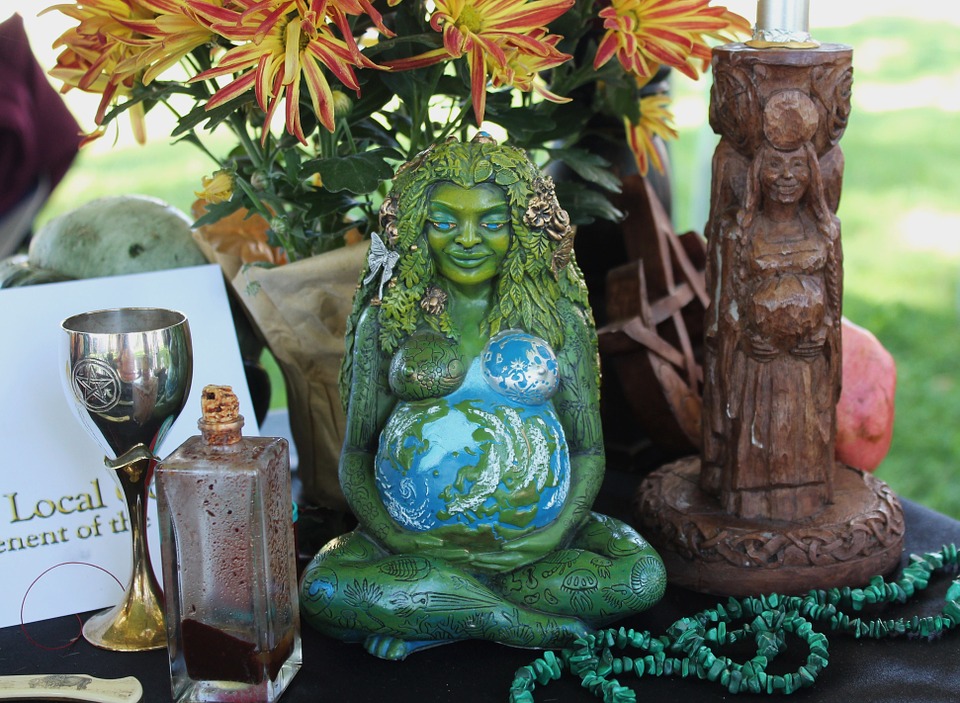Can a religion that places heavy focus on balancing male and female energies and uses wombs and fertility as symbols of feminine power ever truly be inclusive and welcoming to queer and gender variant people? Lois Shearing explores what it means to be queer and Pagan.
Wicca has become the modern face of Paganism and is often the first type of paganism or polytheism people come into contact with. The spirituality is also gaining popularity among young people, evident from it’s growing presence on social media.
But the emphasis on male/female energy and deities of Gardnerian teachings and the symbolism of fertility and wombs to represent female energy centralized by some radical feminists, can be off putting for some queer pagans. This may lead people to give up exploring different branches of paganism and teachings of Wicca, feeling that it conflicts with their identity.
So can Wicca, and Paganism in general be Queer friendly? Or do the two identities contradict themselves?
Sophia Burns, a trans woman who writes for Gods&Radicals was introduced to paganism by a women who in Sophia’s words “would have wanted nothing to do with me”, had they actually met. Mary Daly, who wrote Beyond God the Father, the first book about paganism that Sophia read, was outspoken in her view that trans women were not “real women” and should not exist. Daly, is just one of several pagan scholars to be vocally trans-exclusionary in their practices.
“I can’t imagine feeling at home with a faith that didn’t take into account the totality of me as a person – and being trans and queer are part of that. The feminist Goddess Movement puts gender politics and radical feminism front-and-center,” says Sophia, who missed the Wiccan and ‘quasi-Wiccan’ paths most pagans begin with, instead being introduced straight into devotional polytheism.
“You don’t have to try to cram yourself into a Lord and Lady dynamic if that feels wrong to you and I find queer folks get pretty stoked by the idea of practicing magic that reflects and celebrates their true selves.”
Des, who practices WildWood witchcraft along with his partner Kay, was introduced to paganism via Wicca, but like Sophia, never practiced it himself.
“When I was first really establishing my practice and spirituality, I ran into some frustration with finding literature that wasn’t heteronormative. That problem faded the deeper I started digging, but of course when you’re starting out, the mainstream stuff is easiest to get to, and that tends to be quite hetero- and cis-normative.”
“There are queer and trans lines of Wicca if you look for them.” says Kay “My personal practice is queer-centric and the WildWood Tradition I’m a part of is beyond welcoming of queer folks. Queerness is sacred.
“You don’t have to try to cram yourself into a Lord and Lady dynamic if that feels wrong to you and I find queer folks get pretty stoked by the idea of practicing magic that reflects and celebrates their true selves.”
Wicca, like most branches of paganism and polytheism comes in many flavours and there are several that do not rely at all on traditional Wiccan teachings, which focuses on The Horned God and Triple Goddess.
“As a cis-gendered femme, I also strongly identify with the Goddess, because it provides a much needed feminist foil to the ever-present image of the male god, but also because it speaks to my own inner knowing and gender identity,” says Allison Carr, who also practices polytheism as a Witch and Priestess.
“We all have female and male qualities to us, so when working magic that calls for a more masculine or ‘god’ like energy, I have no problem calling that up inside myself. The idea that your assigned gender would limit what you can access magically, frankly seems boring and unimaginative to me. I also think the highlighted emphasis put on the union between masculine and feminine comes about because third gender and queer history has been hugely suppressed and largely erased in Western culture.”
“The witches and healers have always lived on the edges, half in this world and half in another. As queer people we already know how to walk that edge,” says Alison. Des and Kay, agree. “Witches have always been ‘The Other’. They lived on the outskirts of town where civilization met the wild. They were separate, different from the rest. Queer folks have a similar experience. We’re connected that way.”
“The idea that your assigned gender would limit what you can access magically, frankly seems boring and unimaginative to me.”
As we live in a society that seeks to quiet queer voices and promote cis and heteronormativity, it can be easy for our craft, religion, or practice to become influenced by these ideas as we all grew up in the same society that promotes being cisgendered and heterosexual as the superior. As pagans/polytheists/witches, whatever you call yourself and practice, it is important to be vigilant of the ideals and norms we are spreading and internalizing.
Despite what some of the more mainstream teaching may tell say, there is nothing contradictory about queerness and pagan spirituality. Practising paganism can be as queer as we make it.
As Sophia advises any with hesitations: “Start worshiping now. If the gods are calling you, they will be there when you answer. It doesn’t matter if someone else tells you have to worship their way or else. Say a prayer, pour a libation, find a sacred place near you.”
Follow Lois on twitter @loisshearing



Great post. It might interest you to know that I have written three books on making Wicca inclusive and queer-friendly, and can recommend a dozen more by other LGBTQIA practitioners of Wicca and Paganism.
As a childless genderqueer bisexual and a polytheist, I can honestly say that my practice of Gardnerian Wicca is not focused on wombs, nor the gender binary.
LikeLike
I’d love to read these! Thanks for sharing.
LikeLiked by 1 person